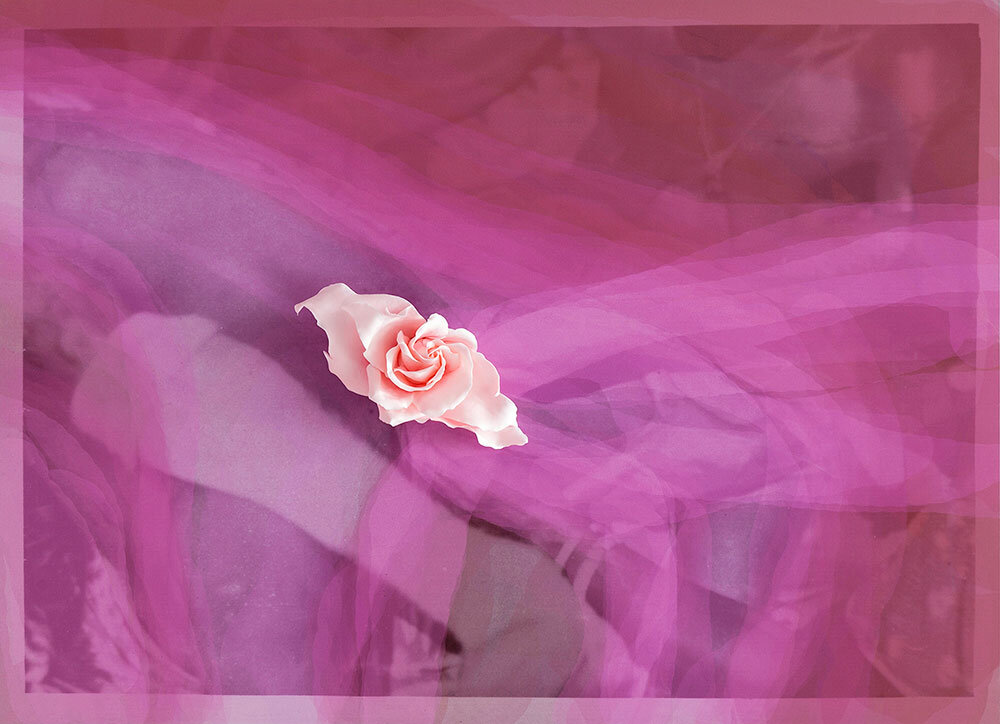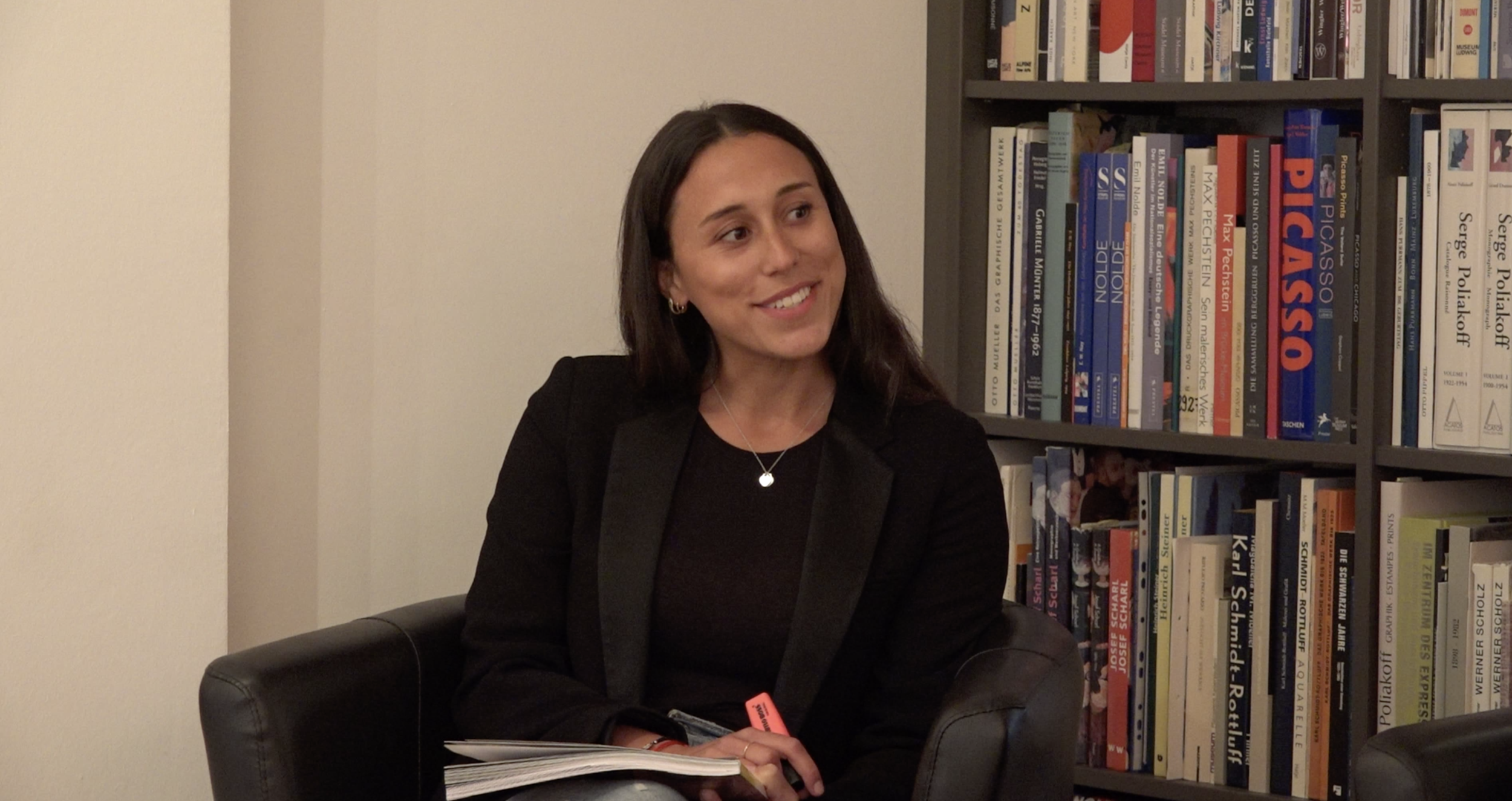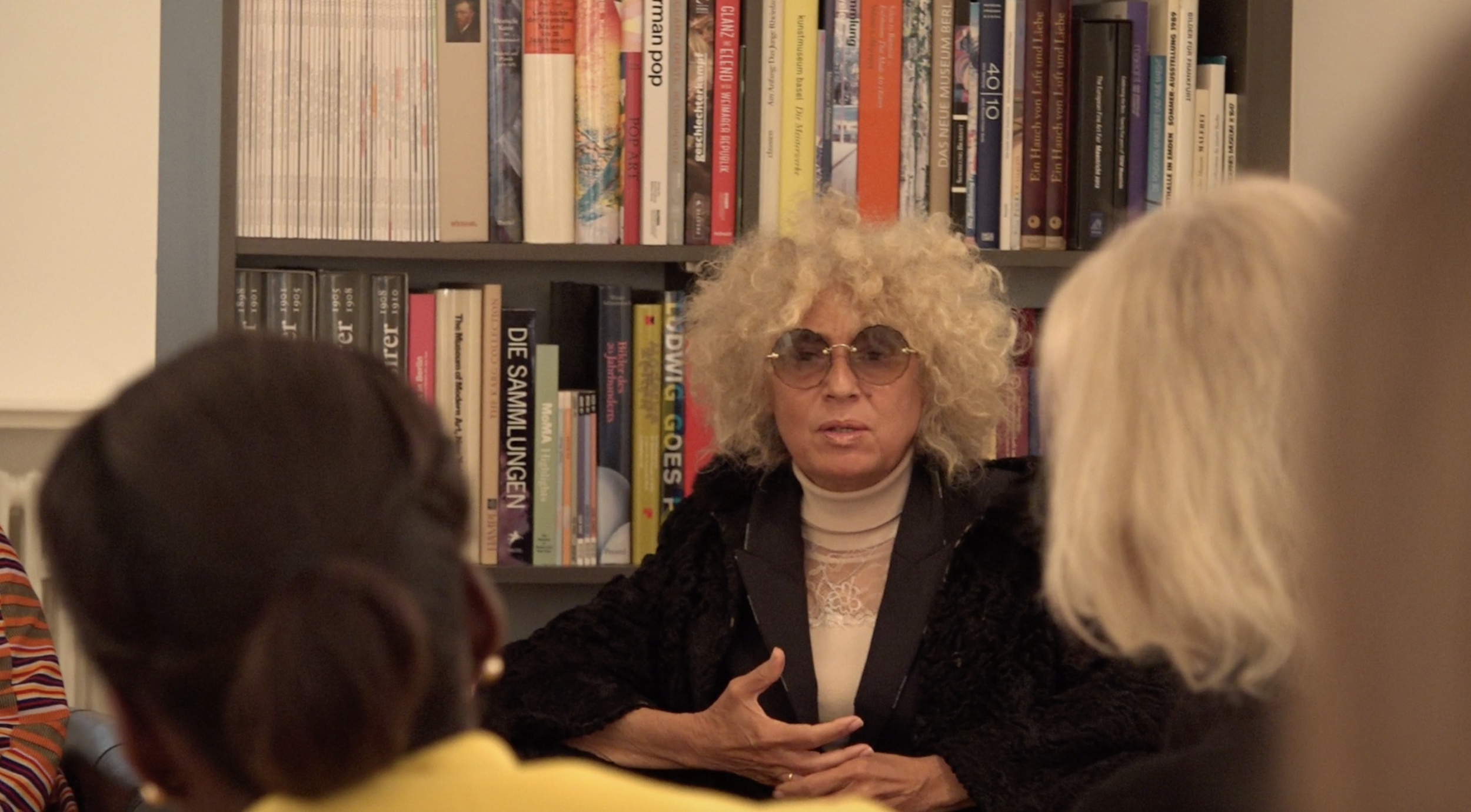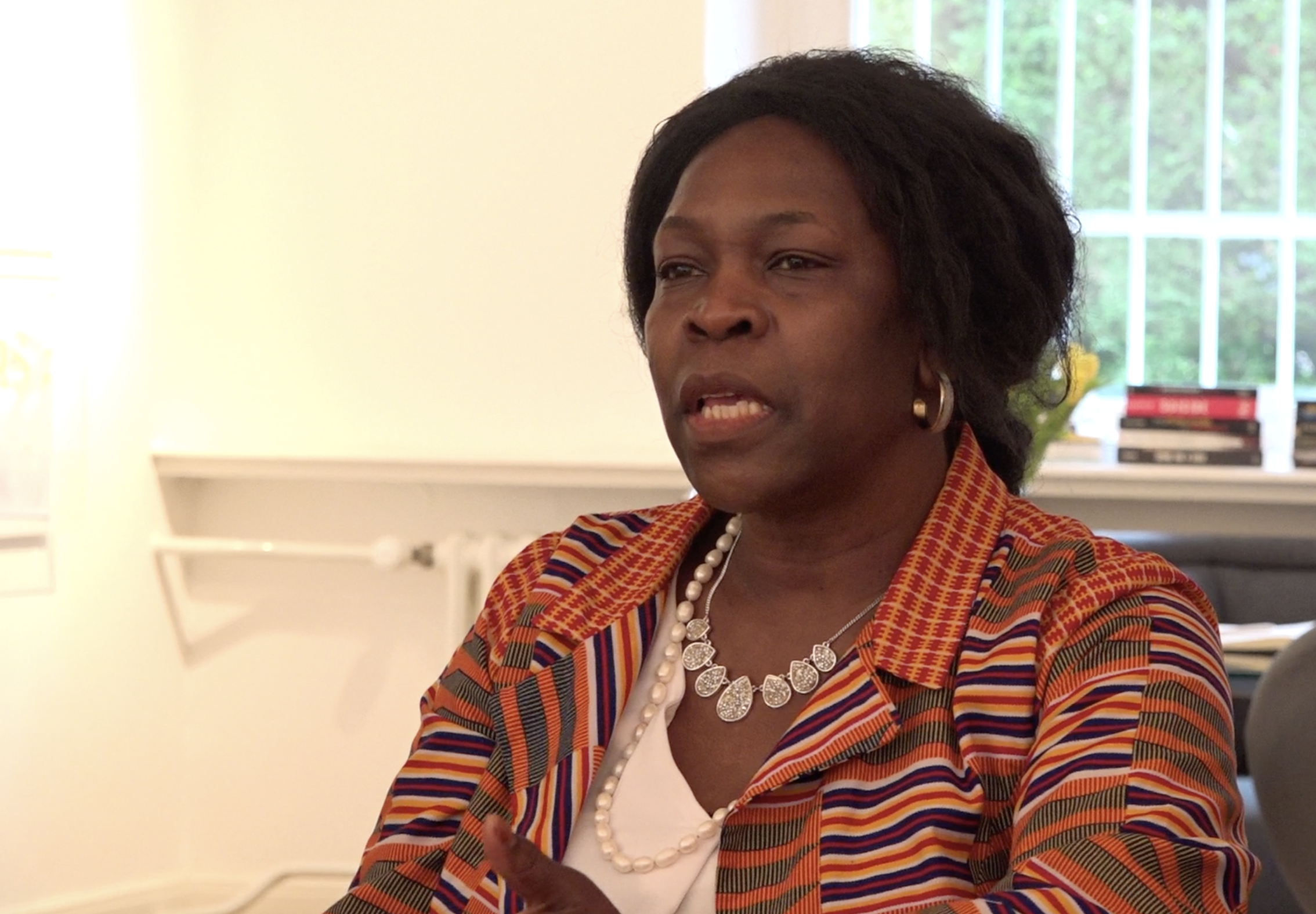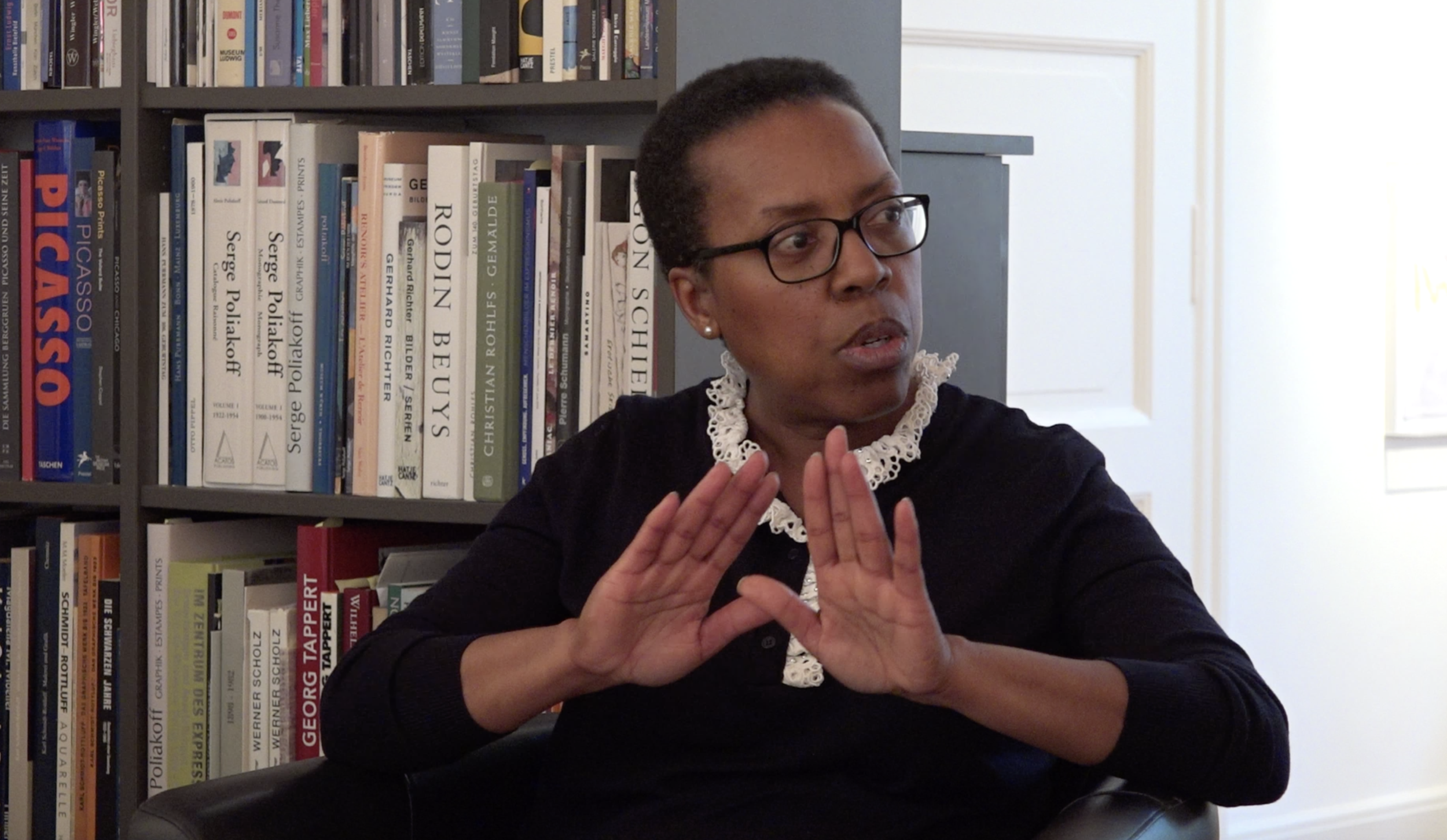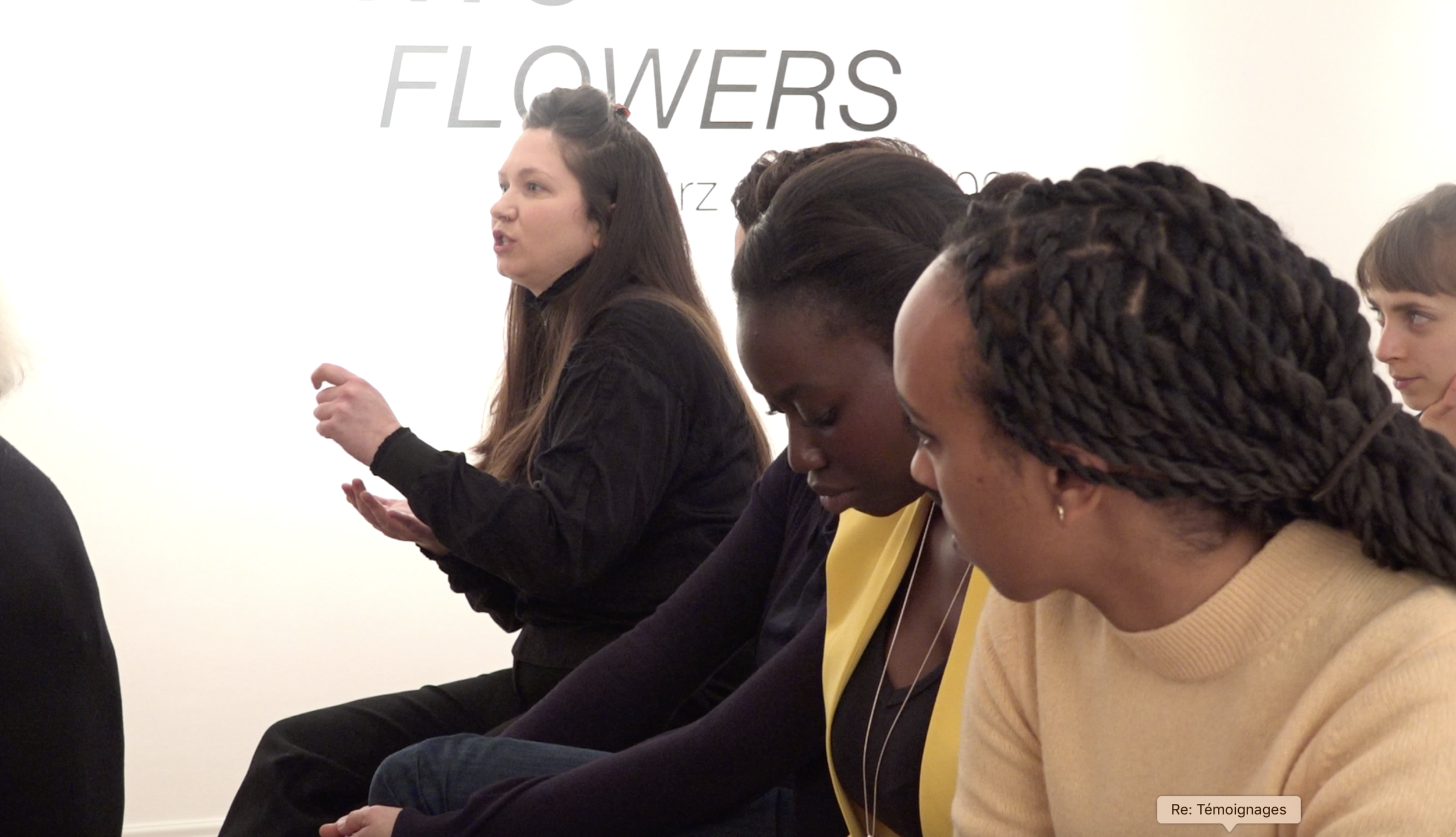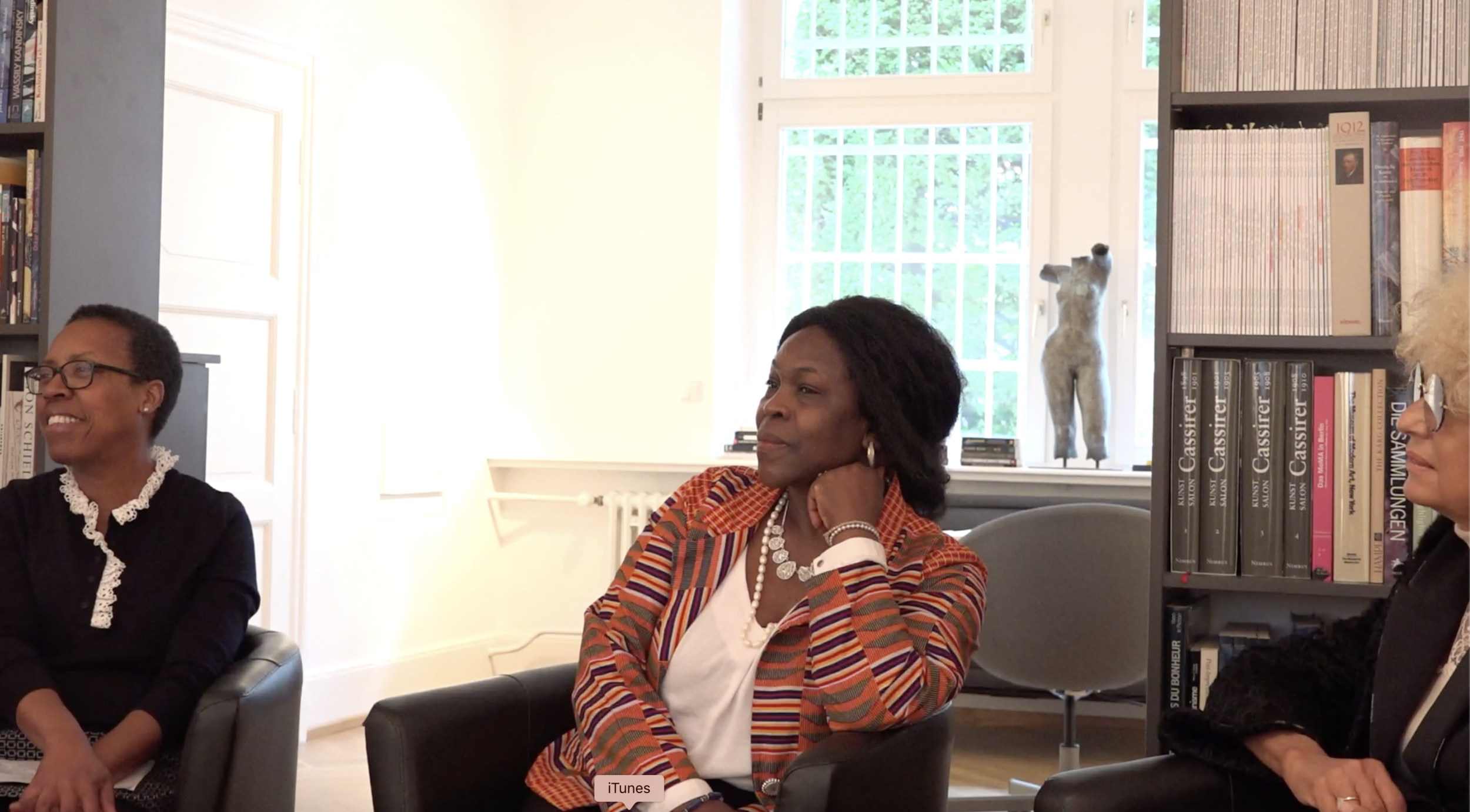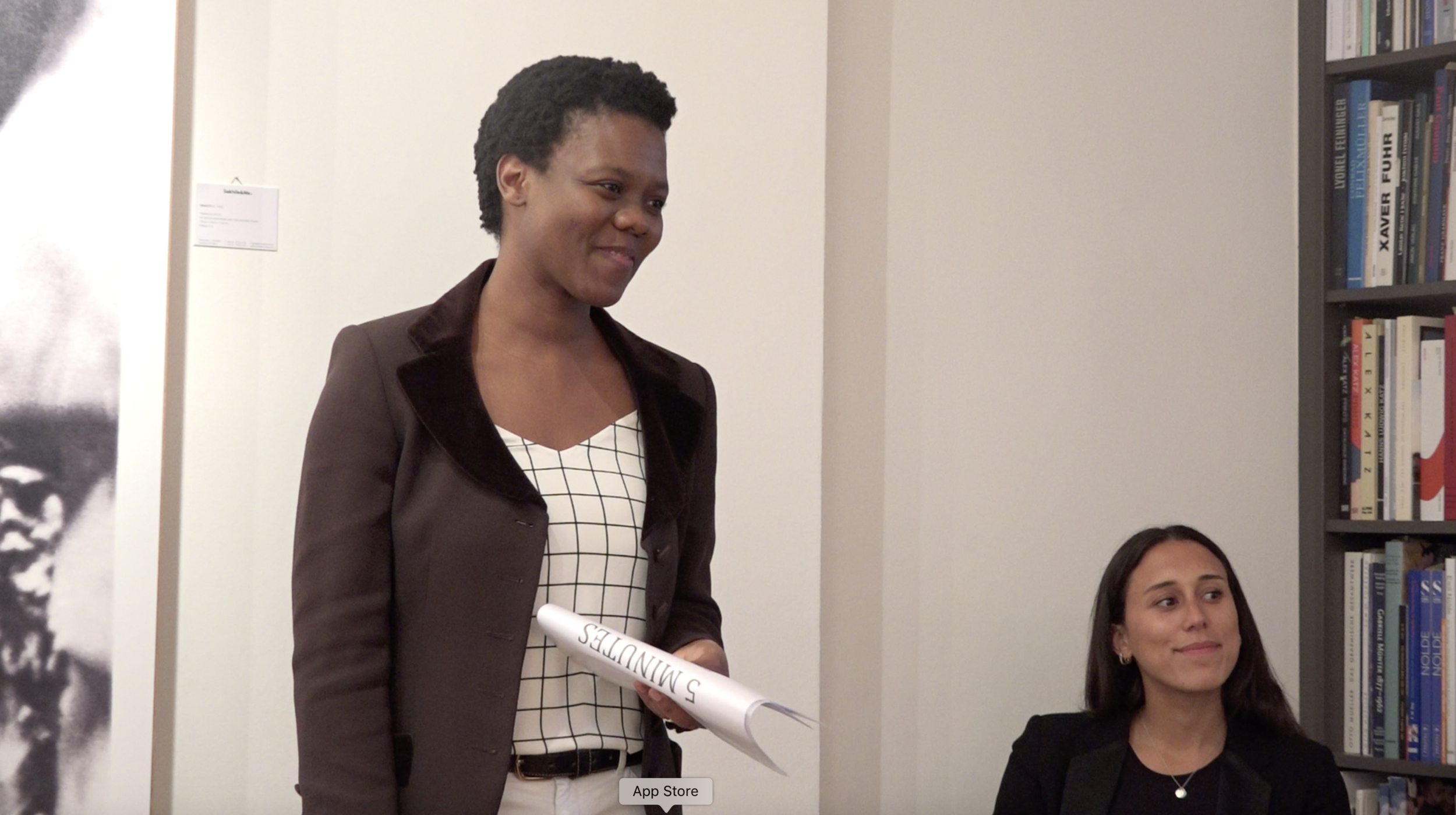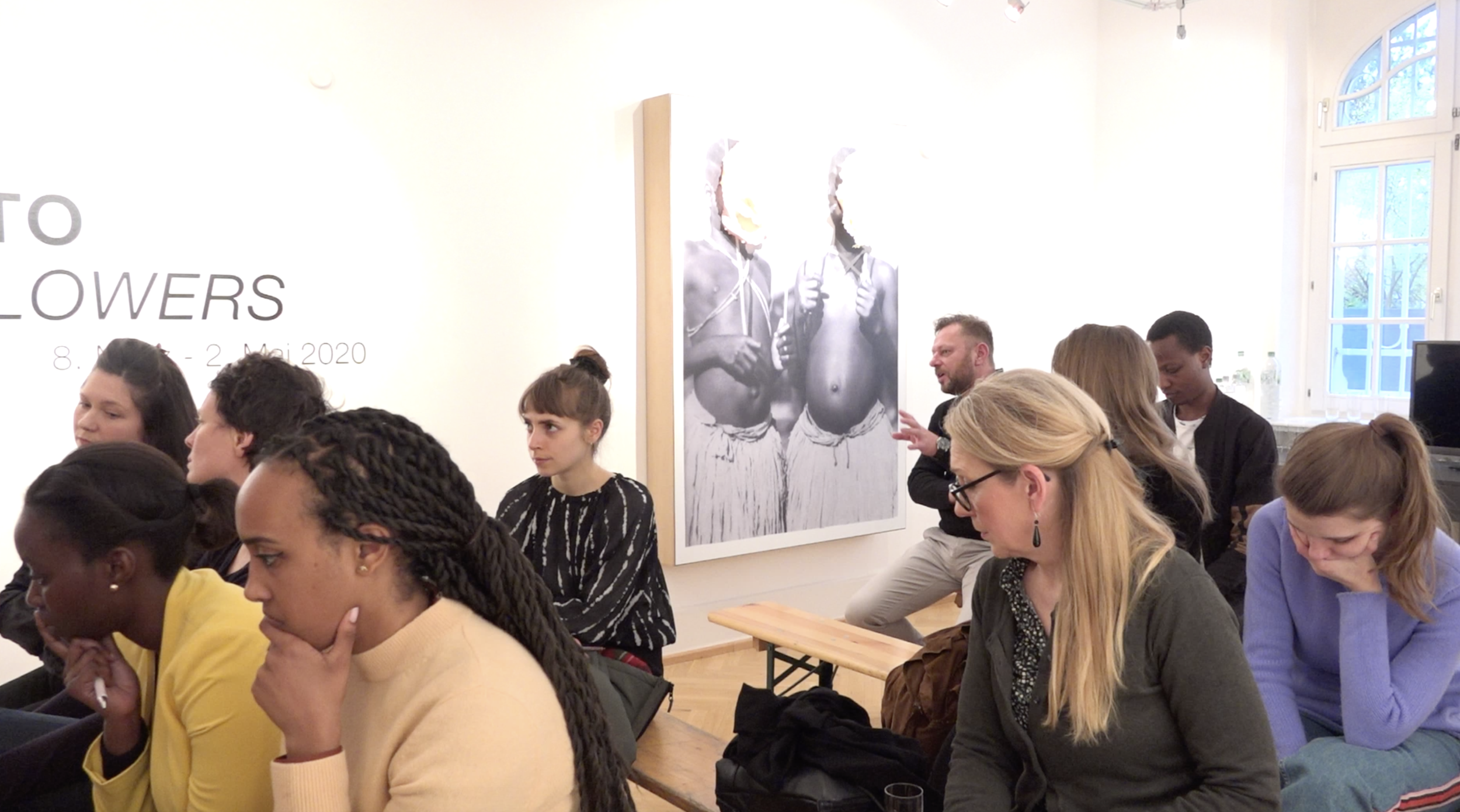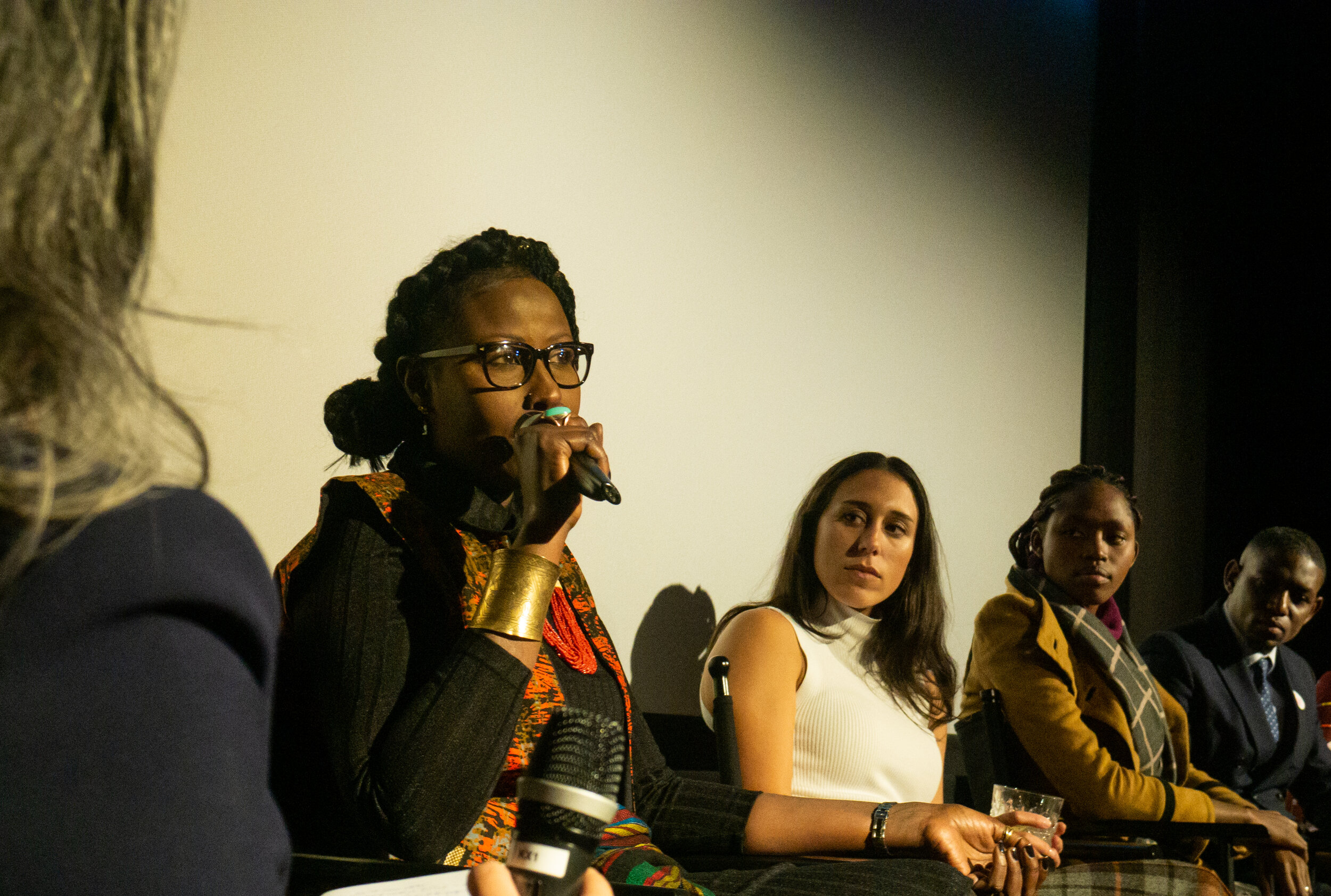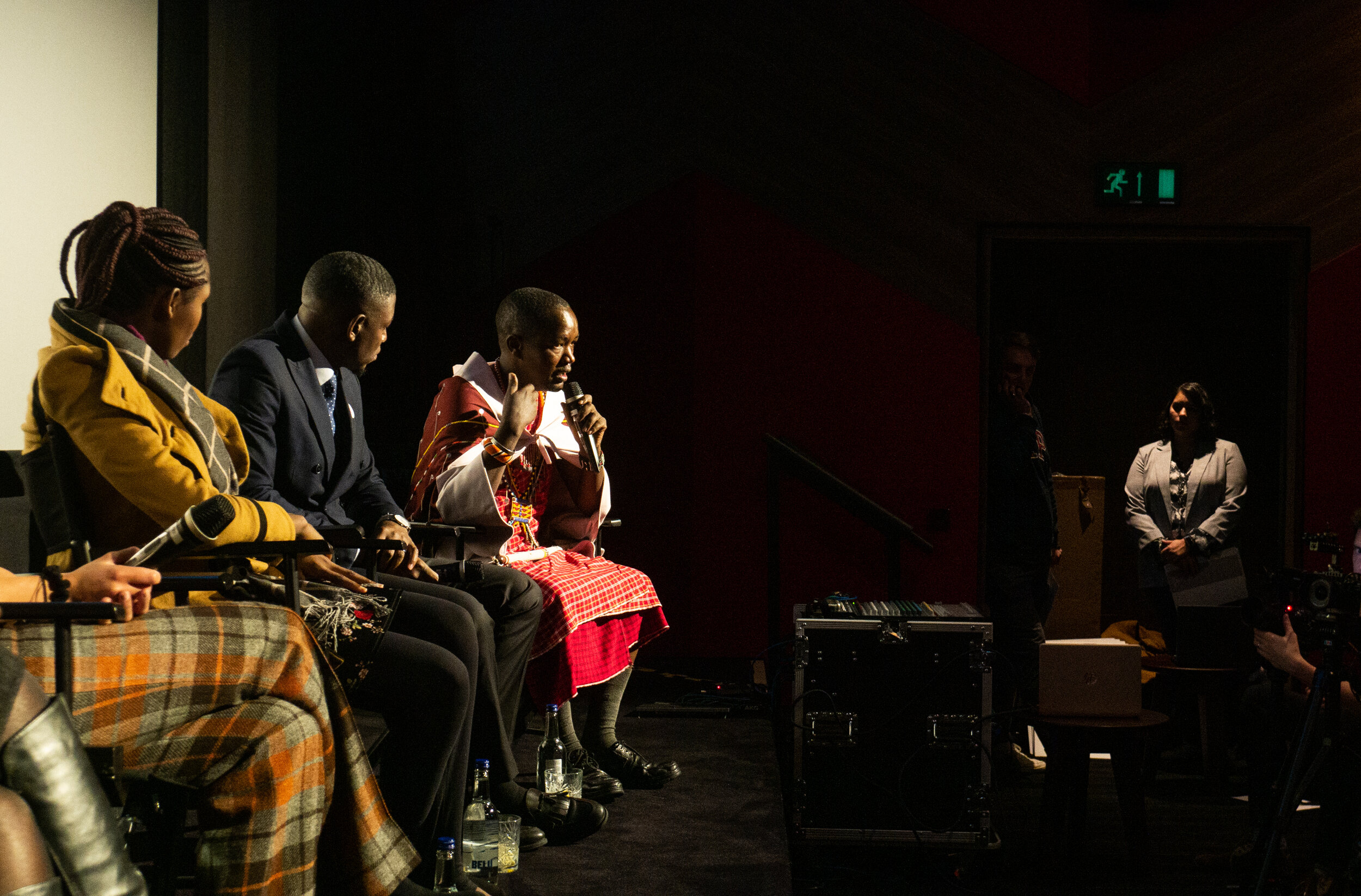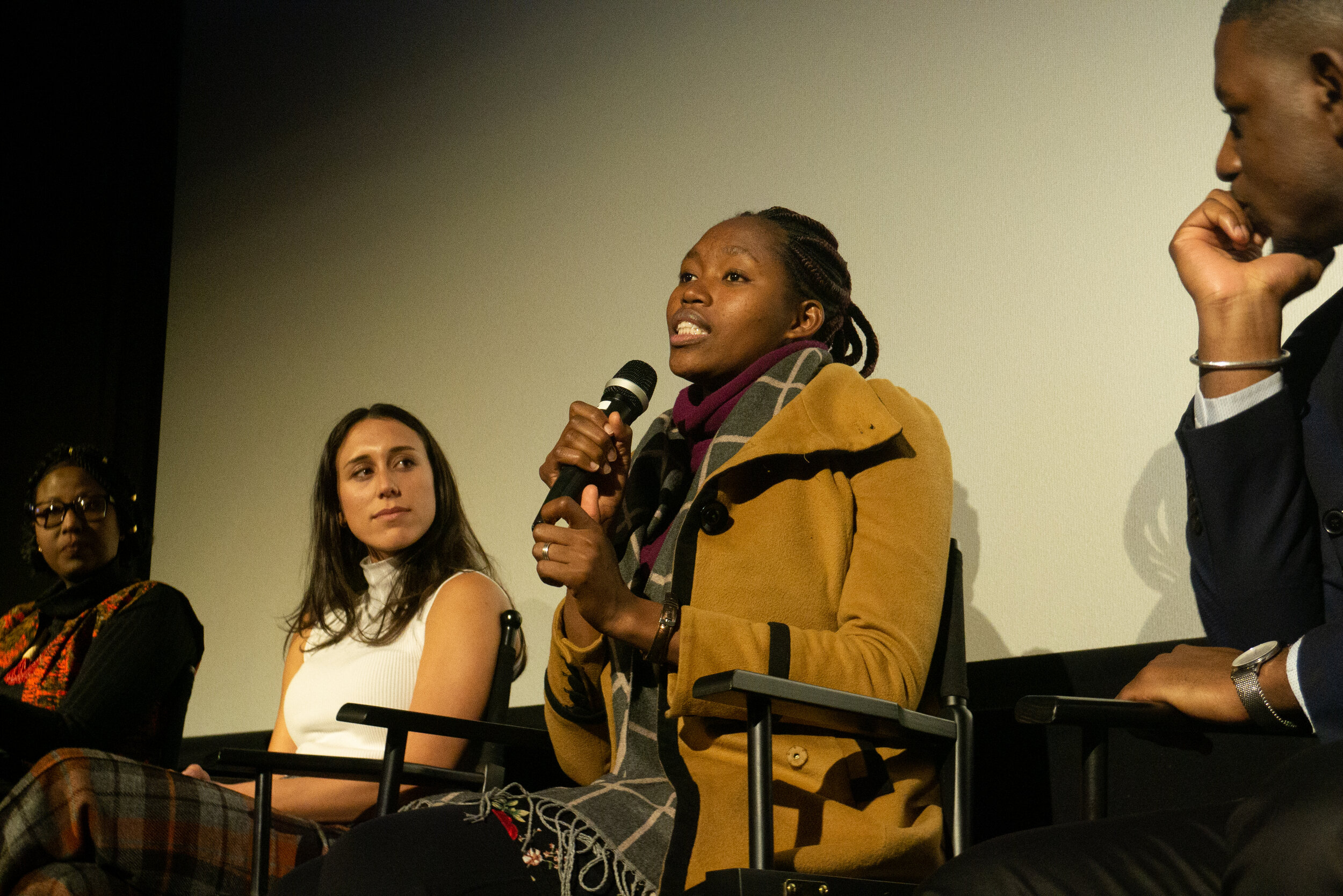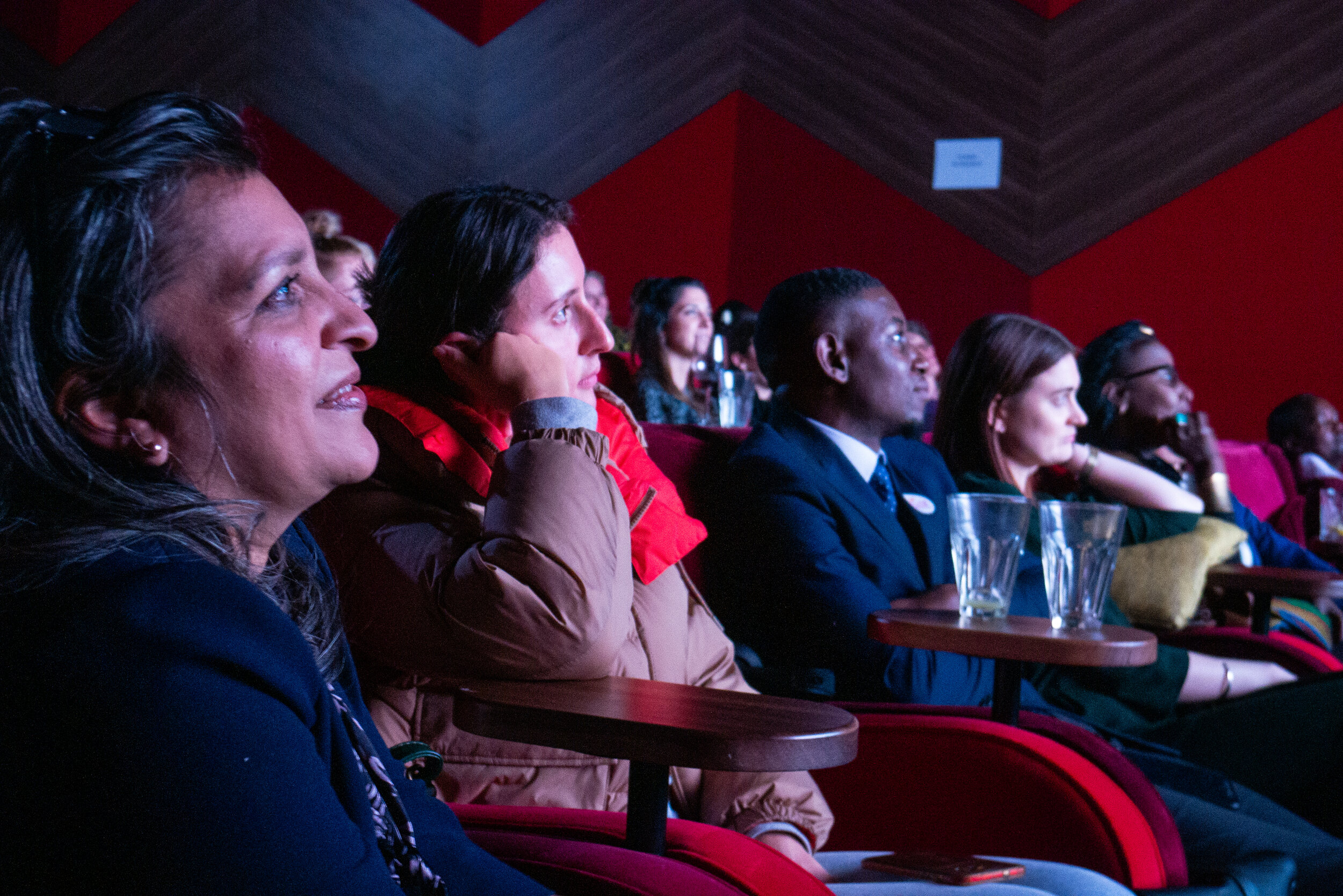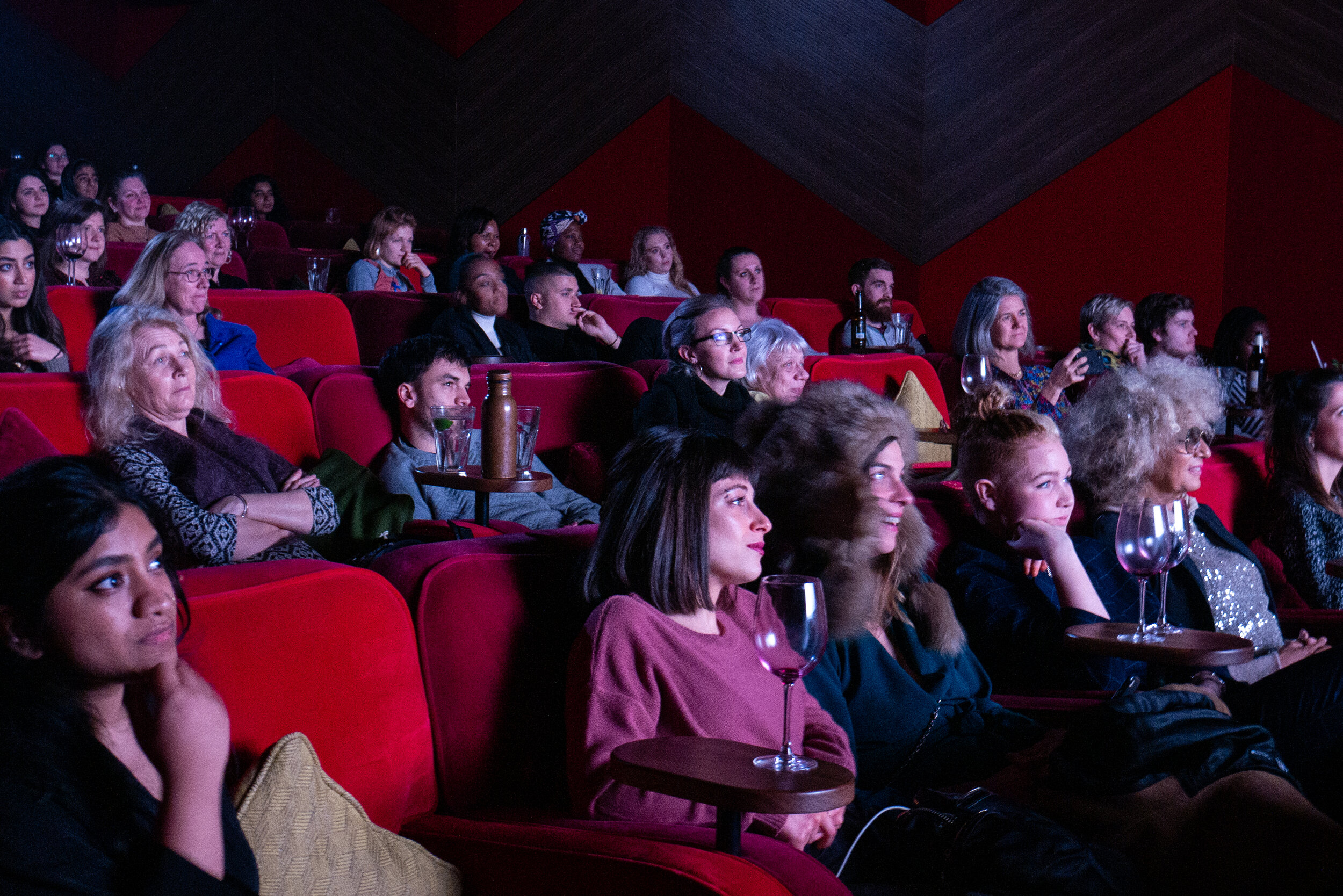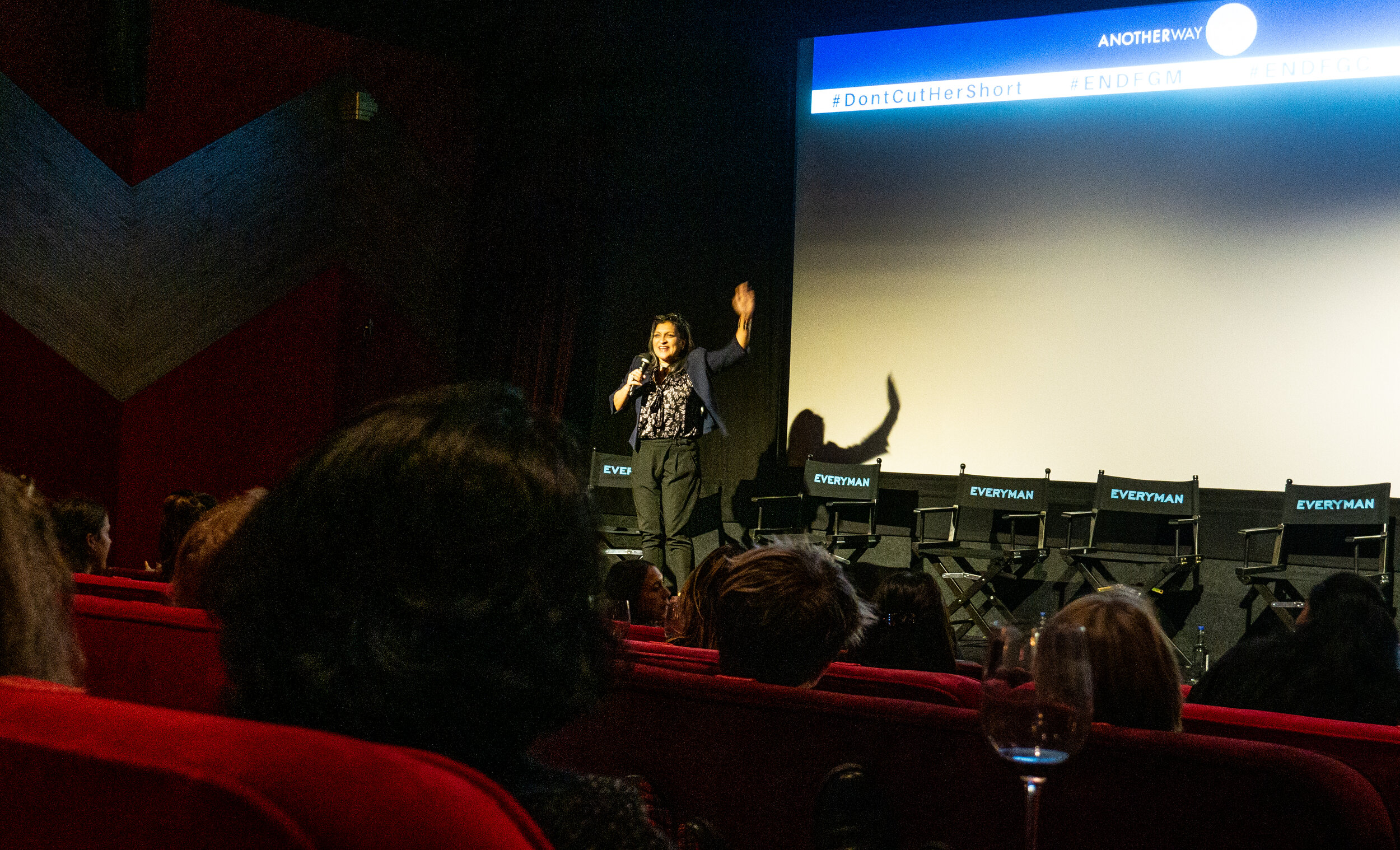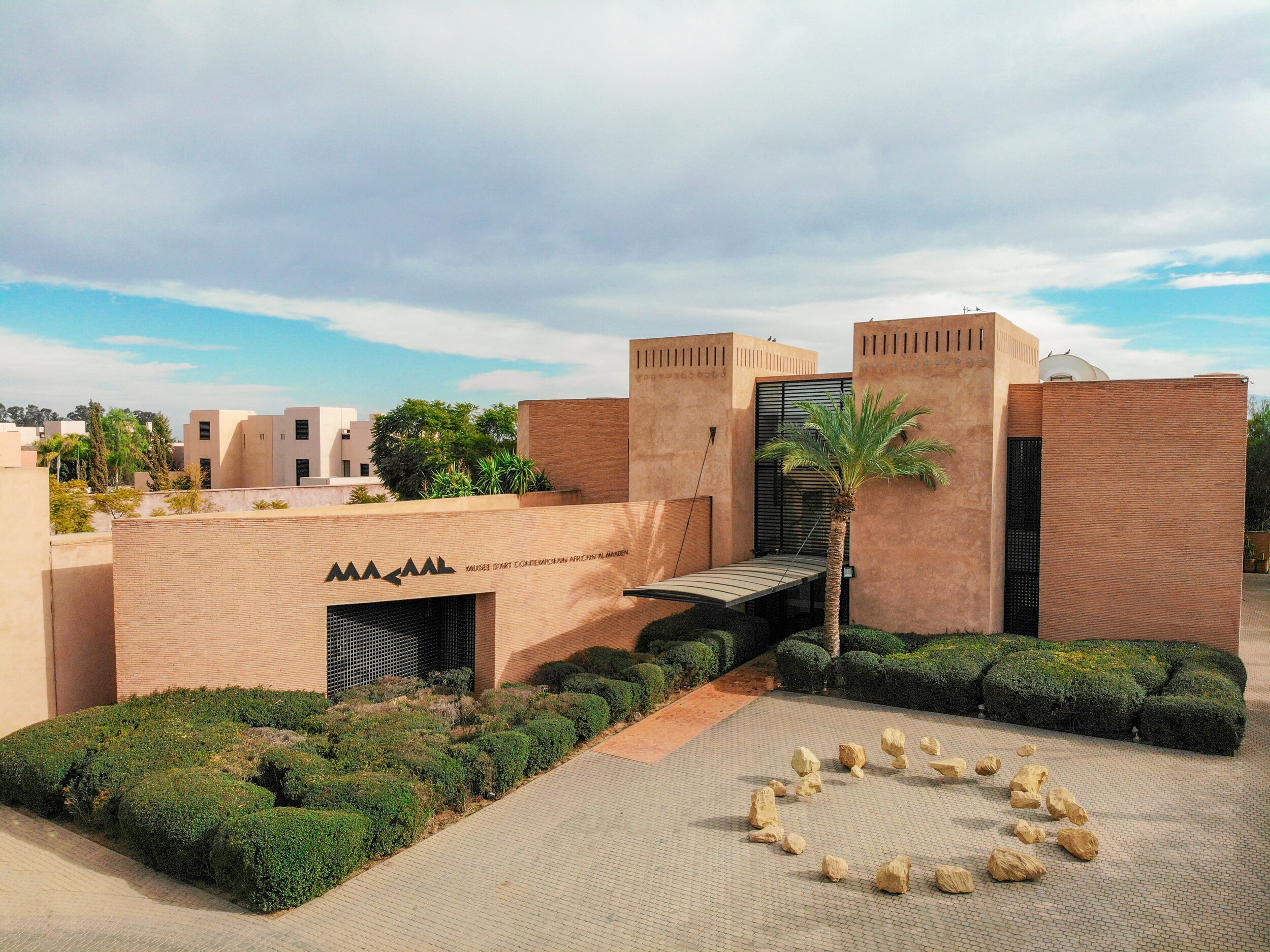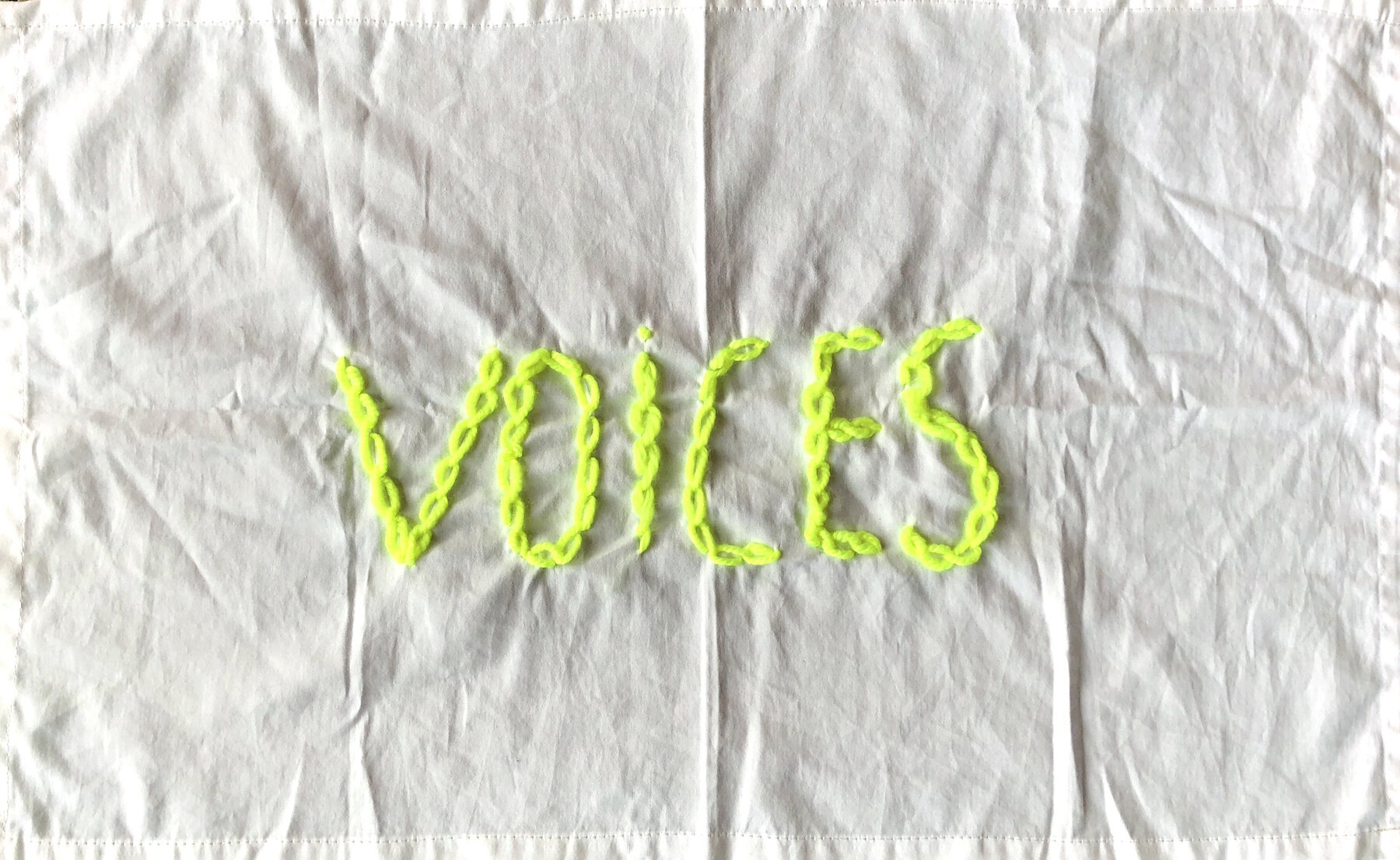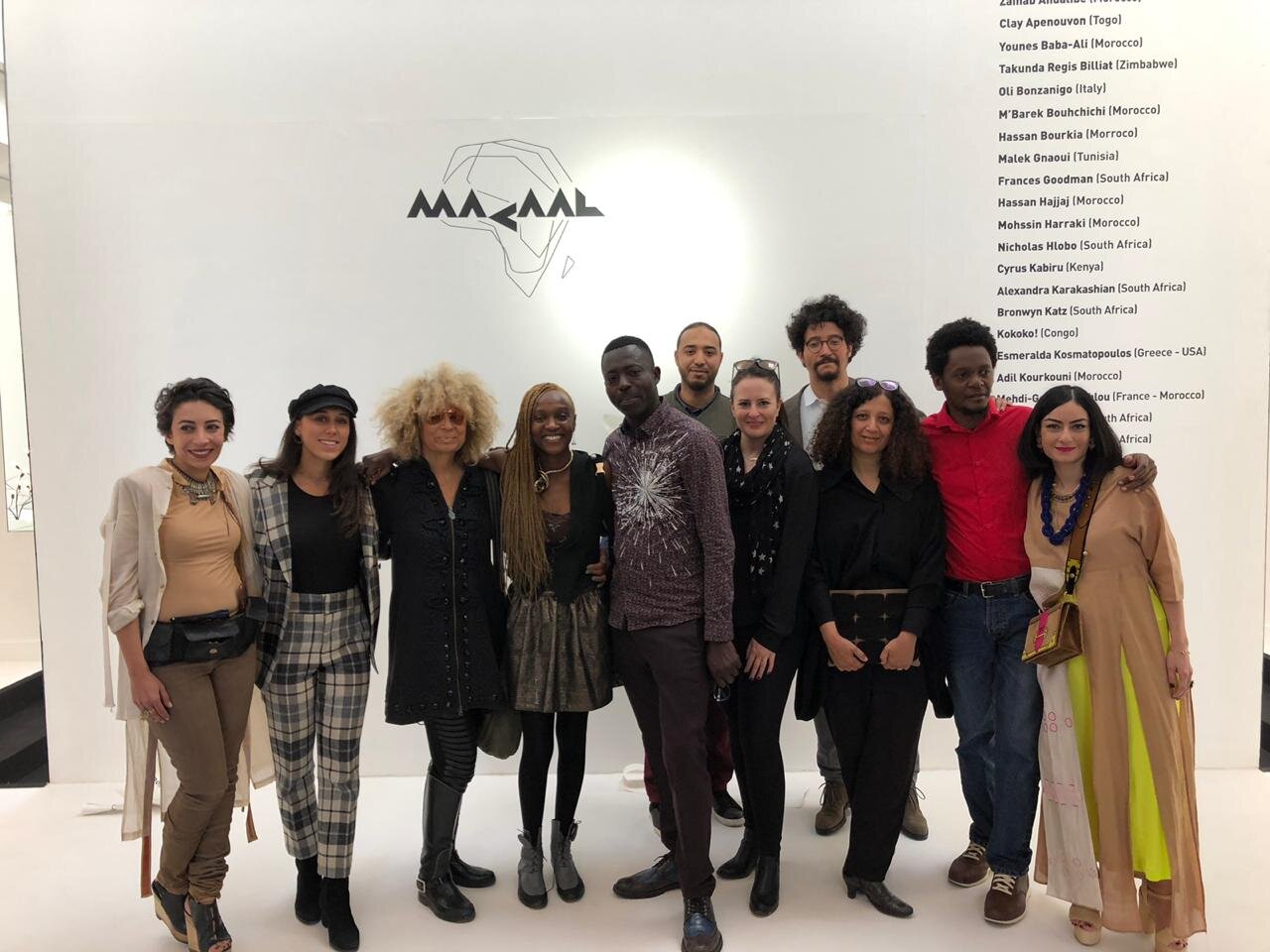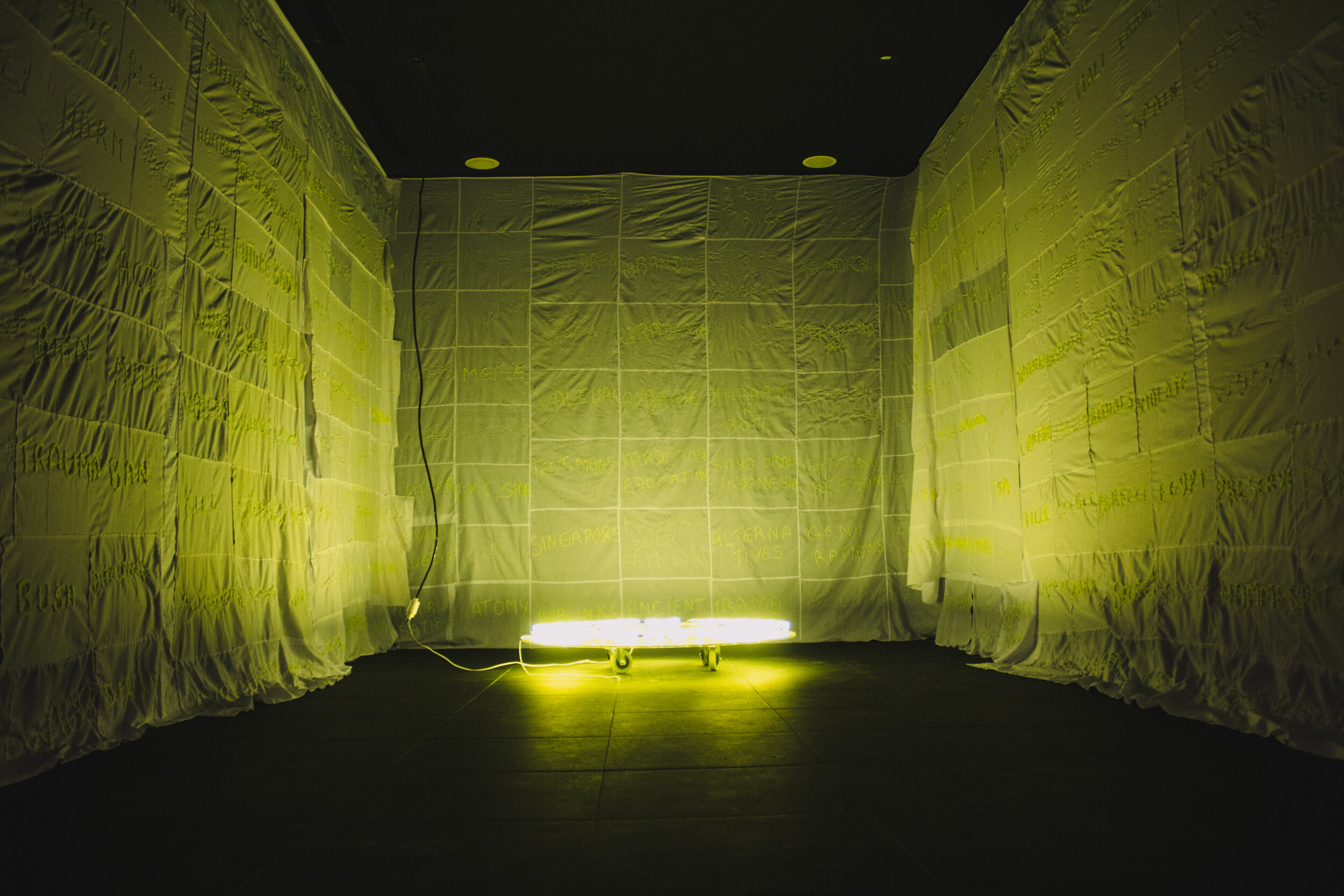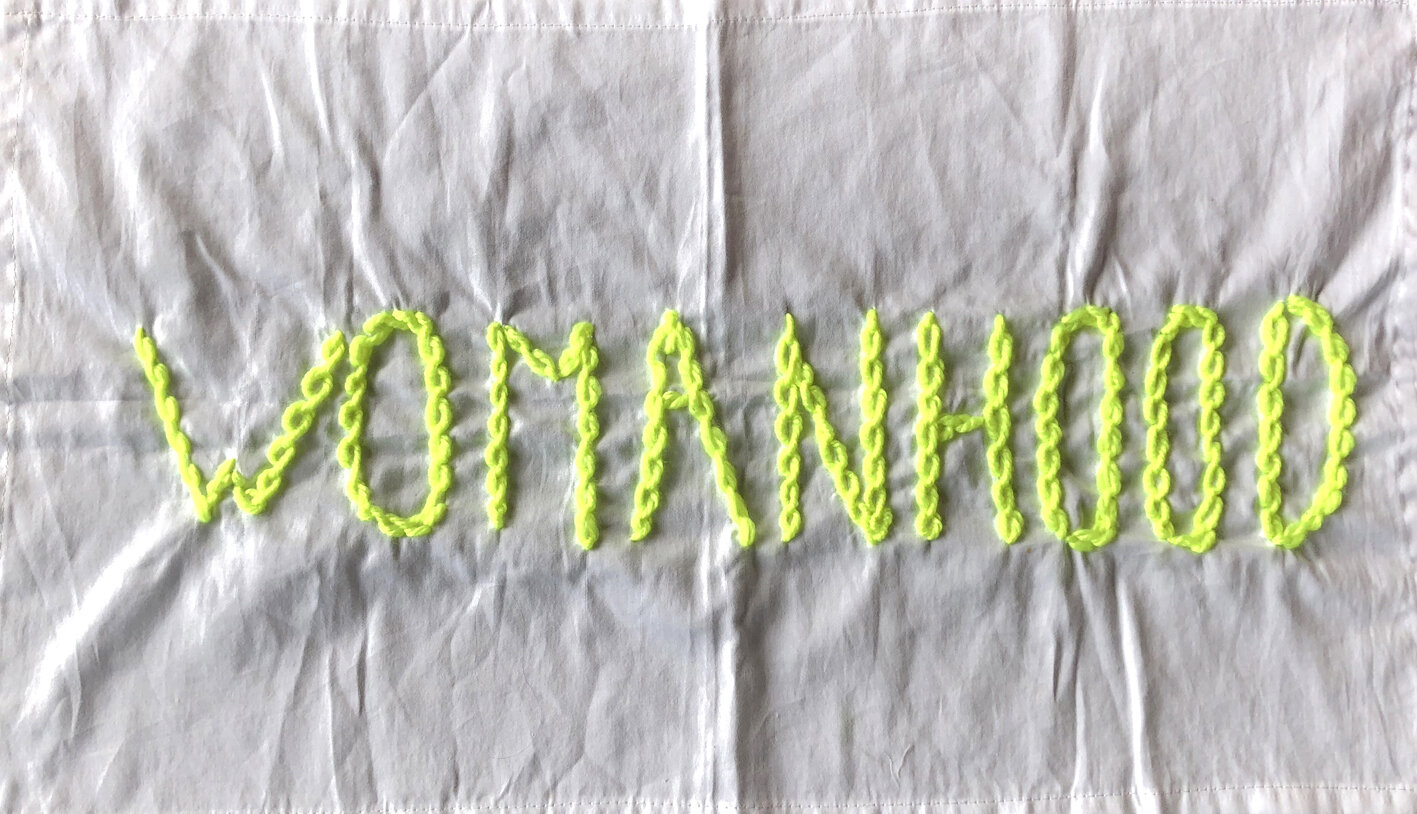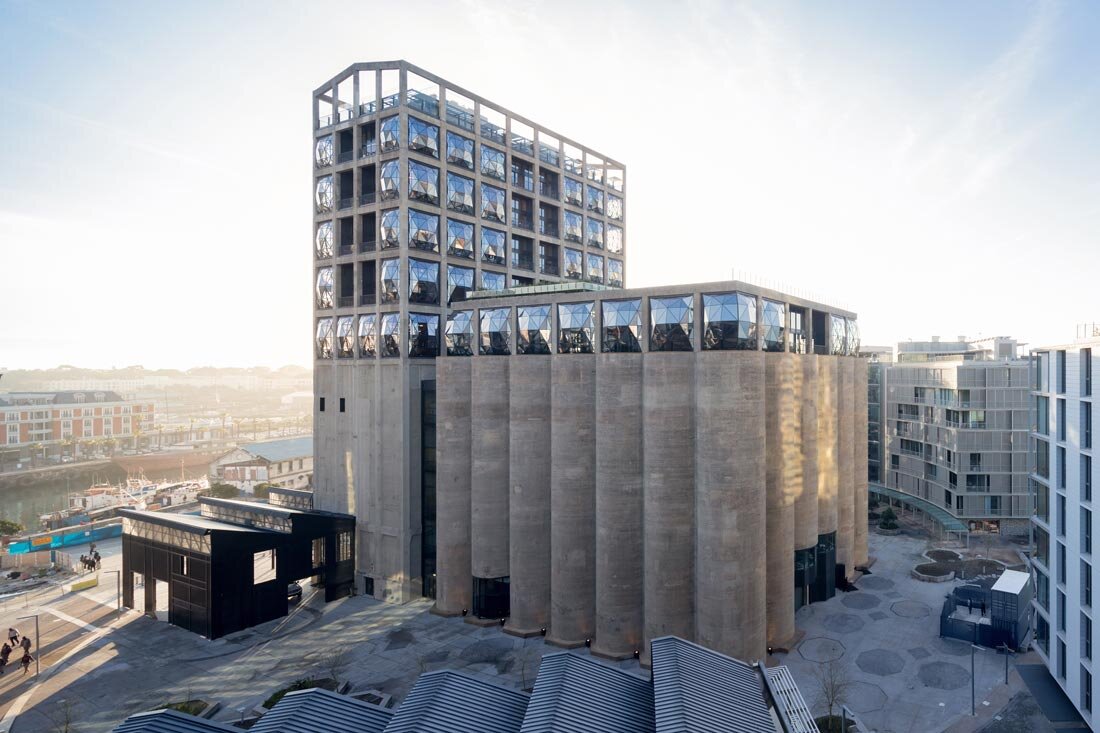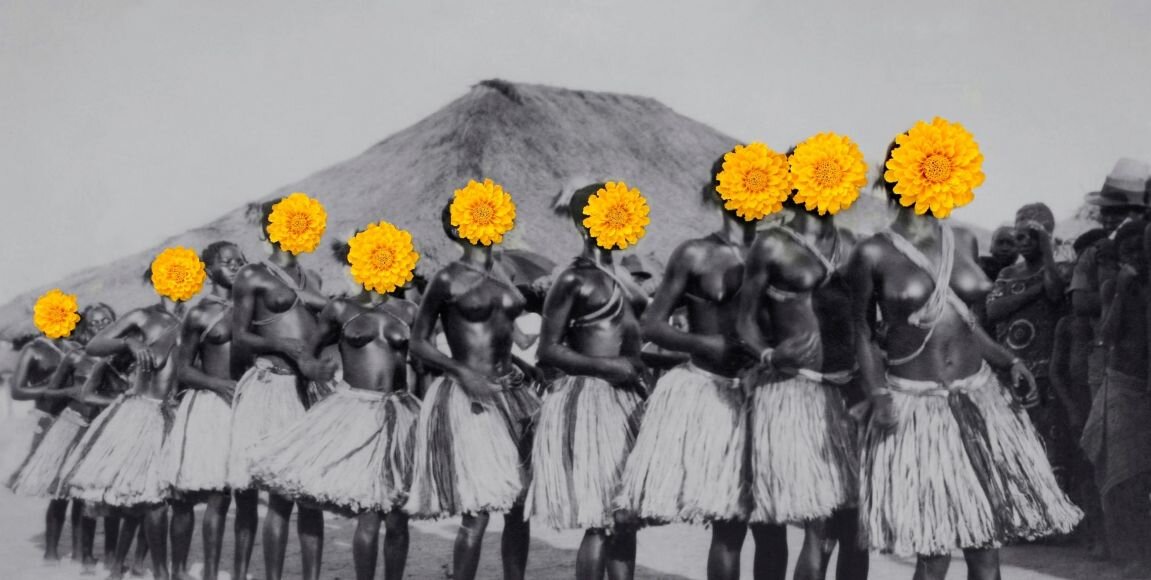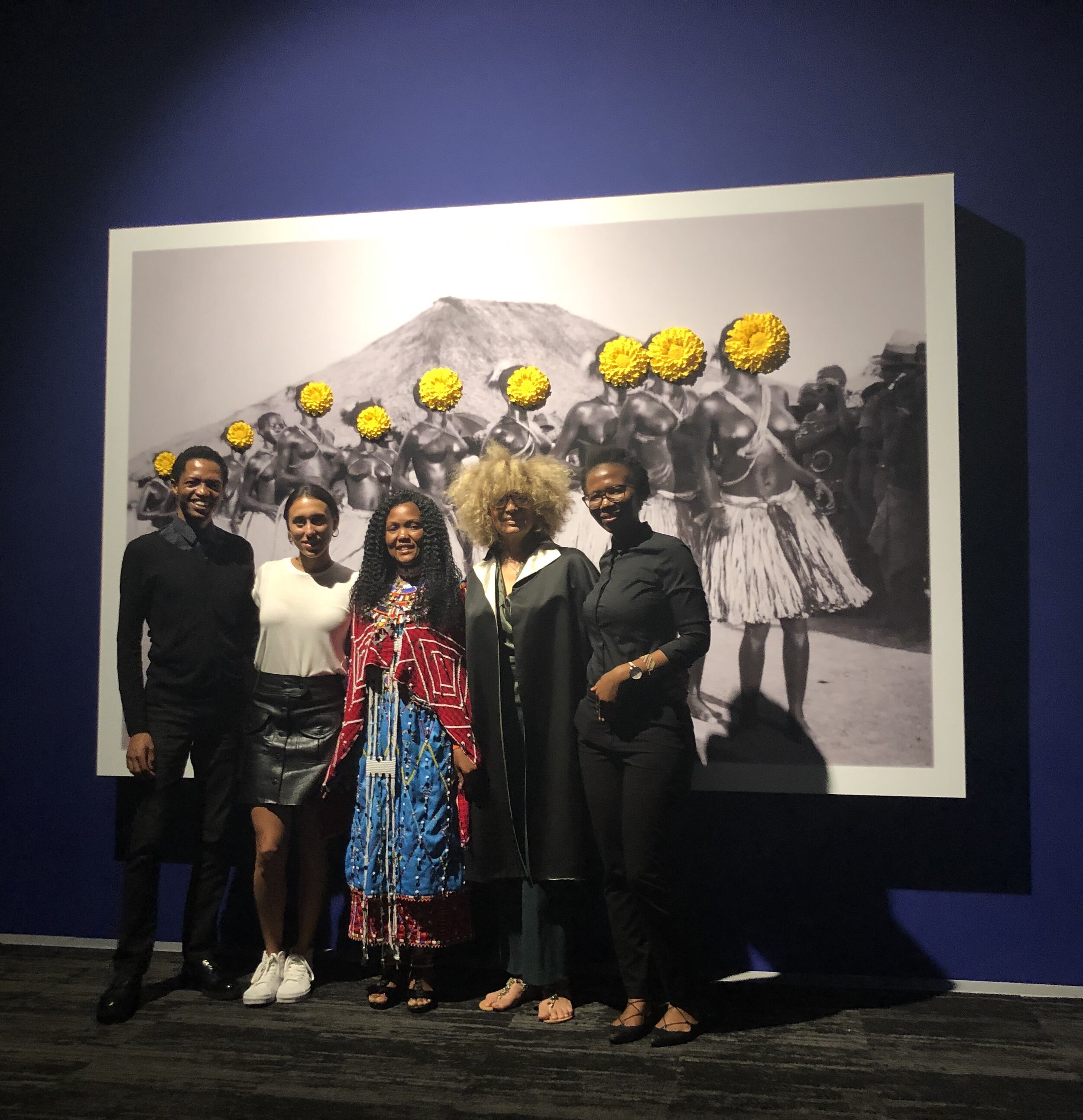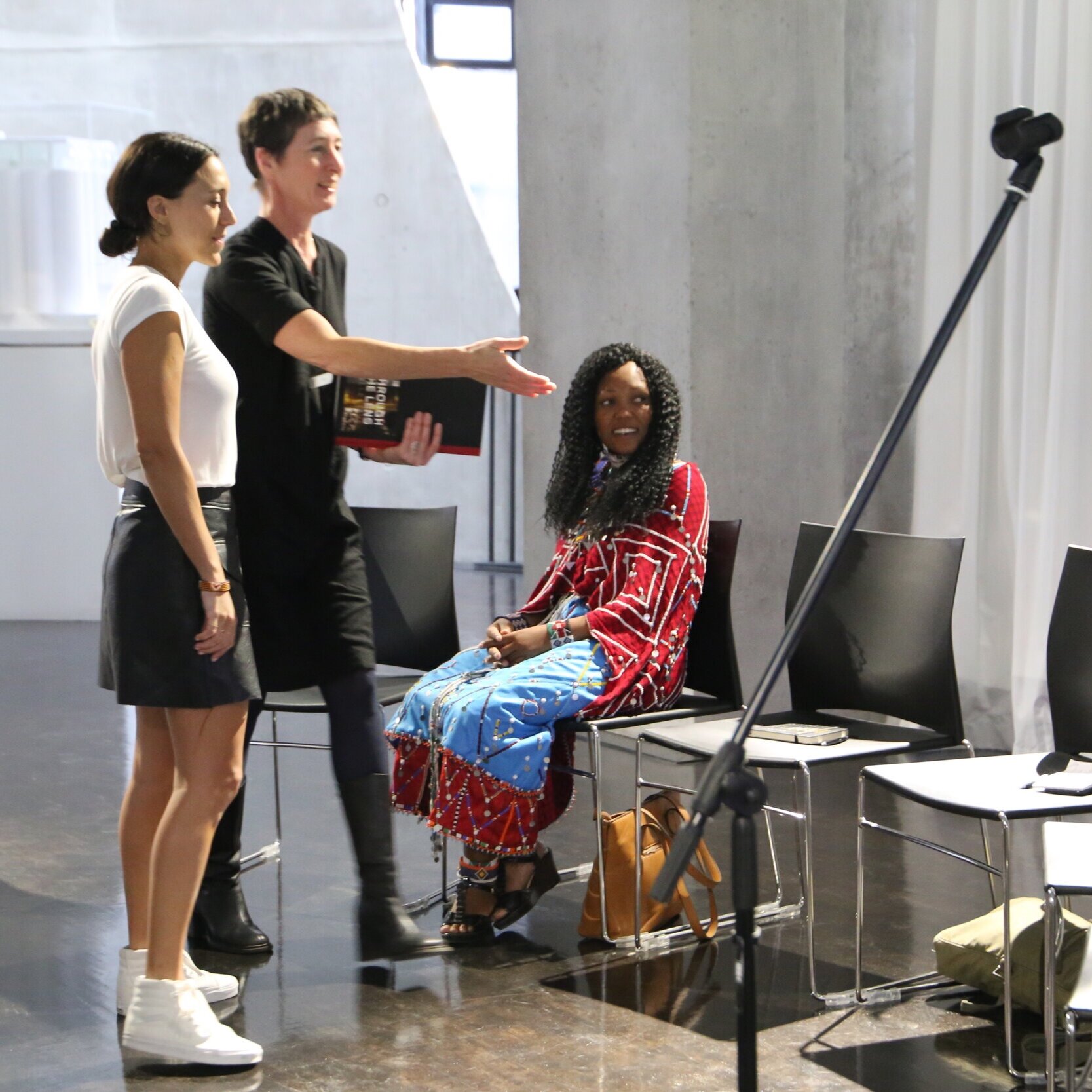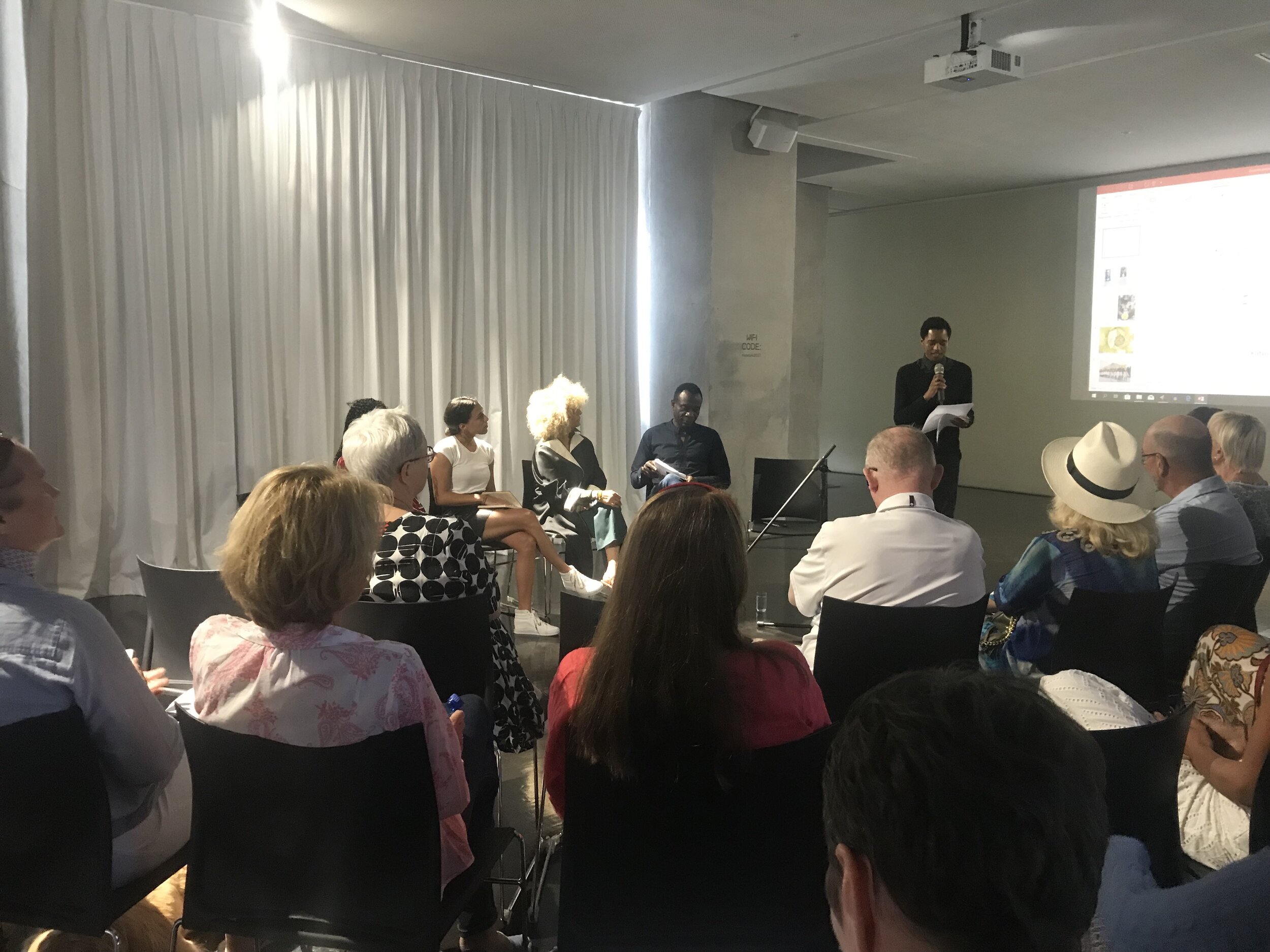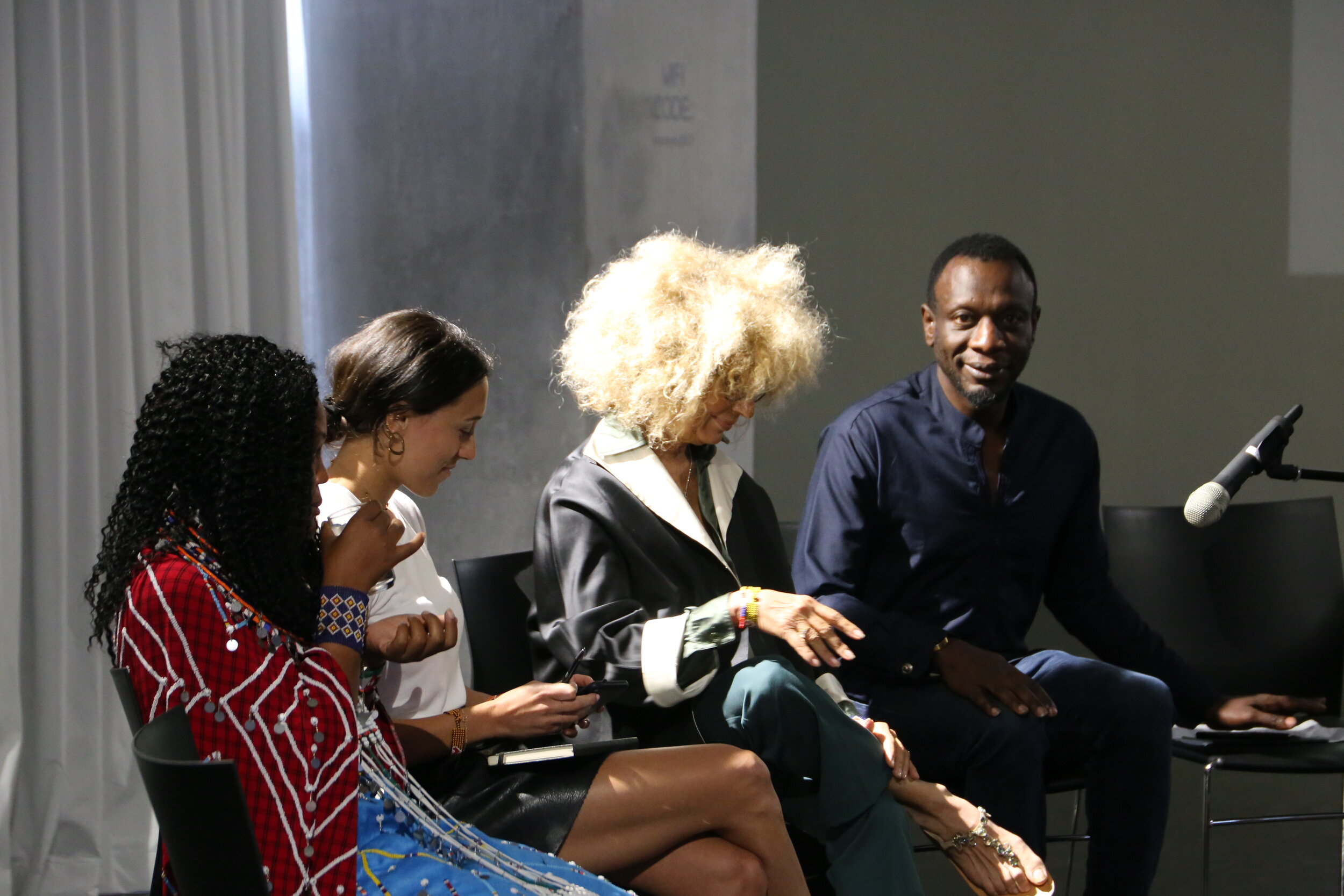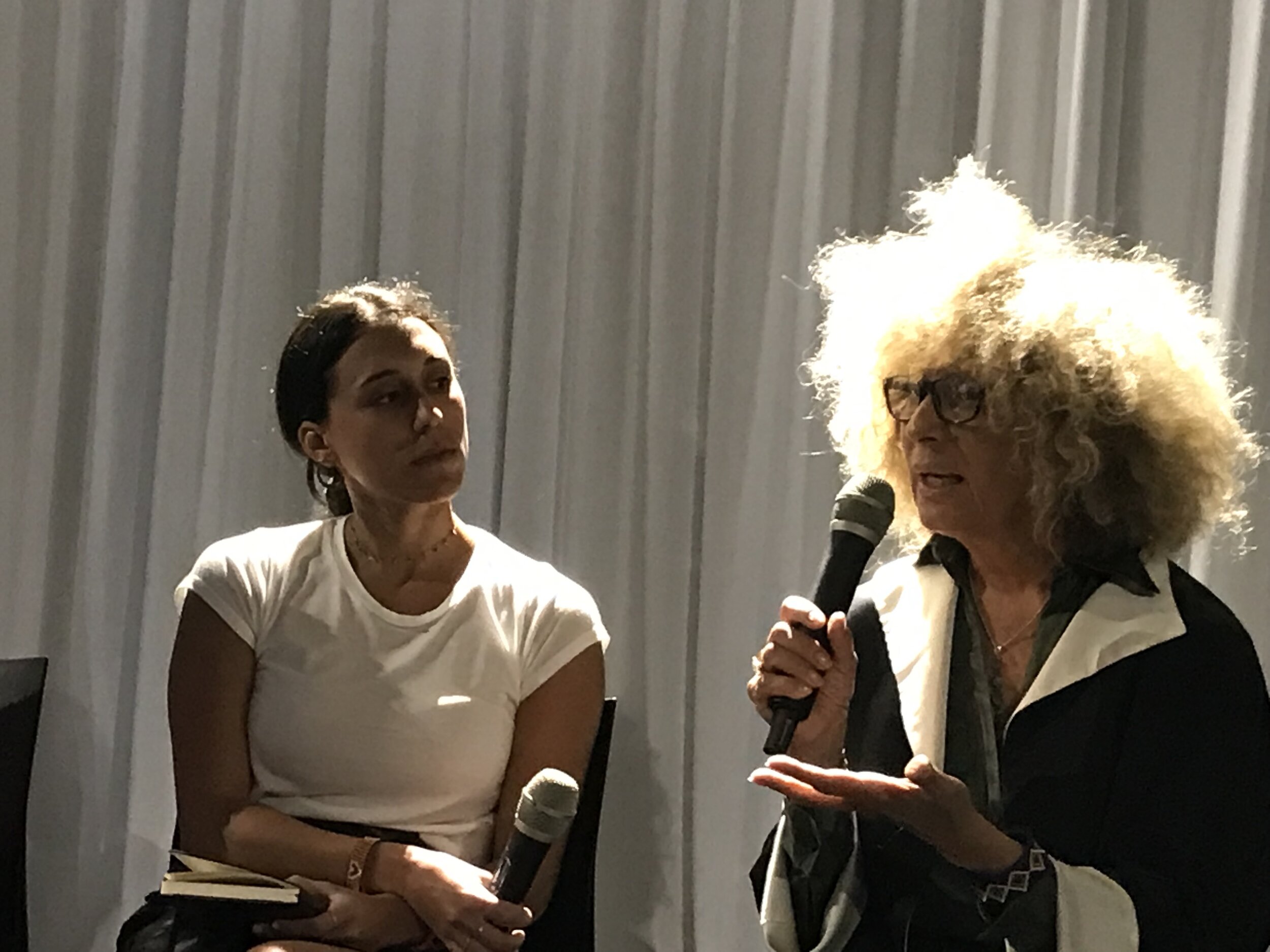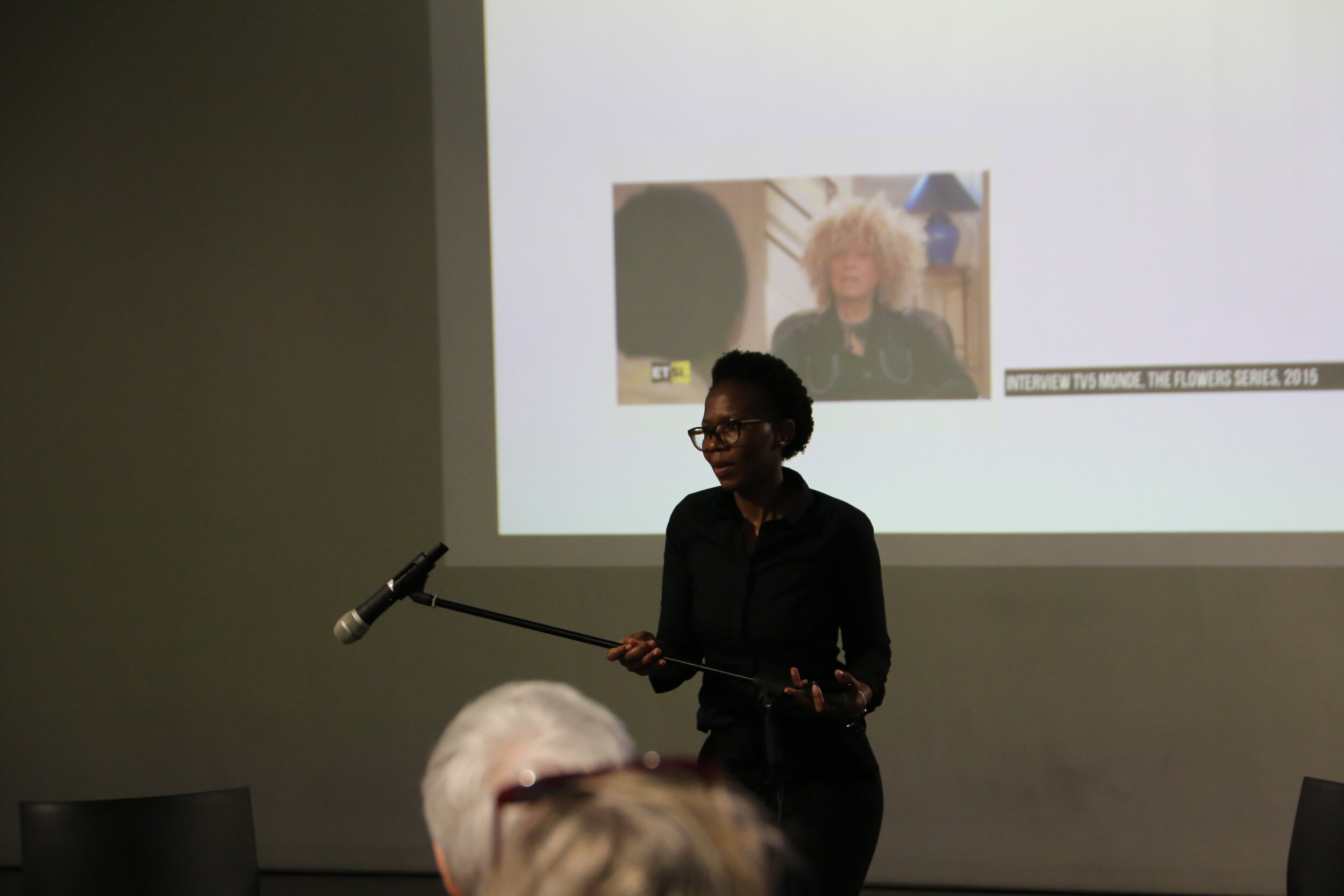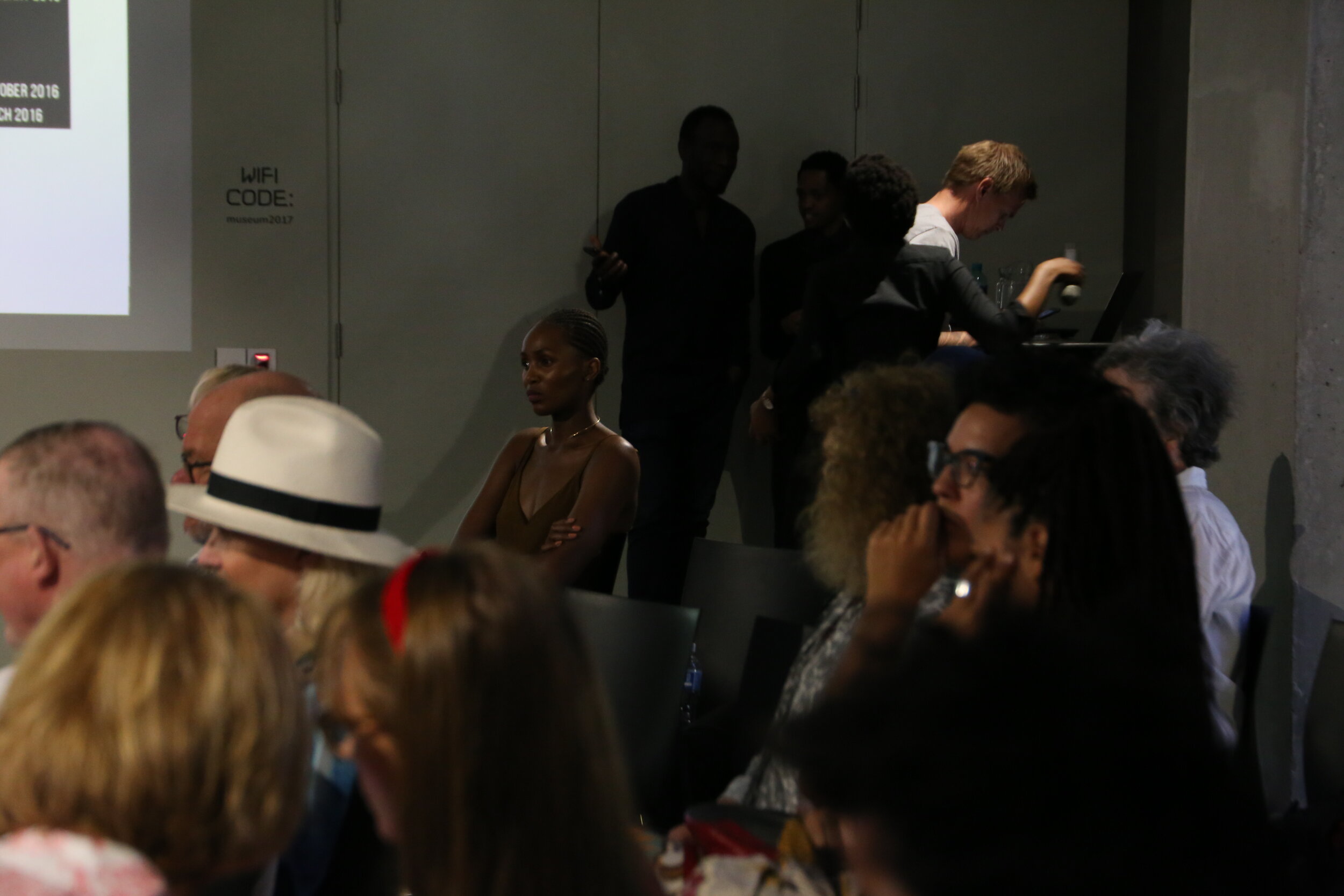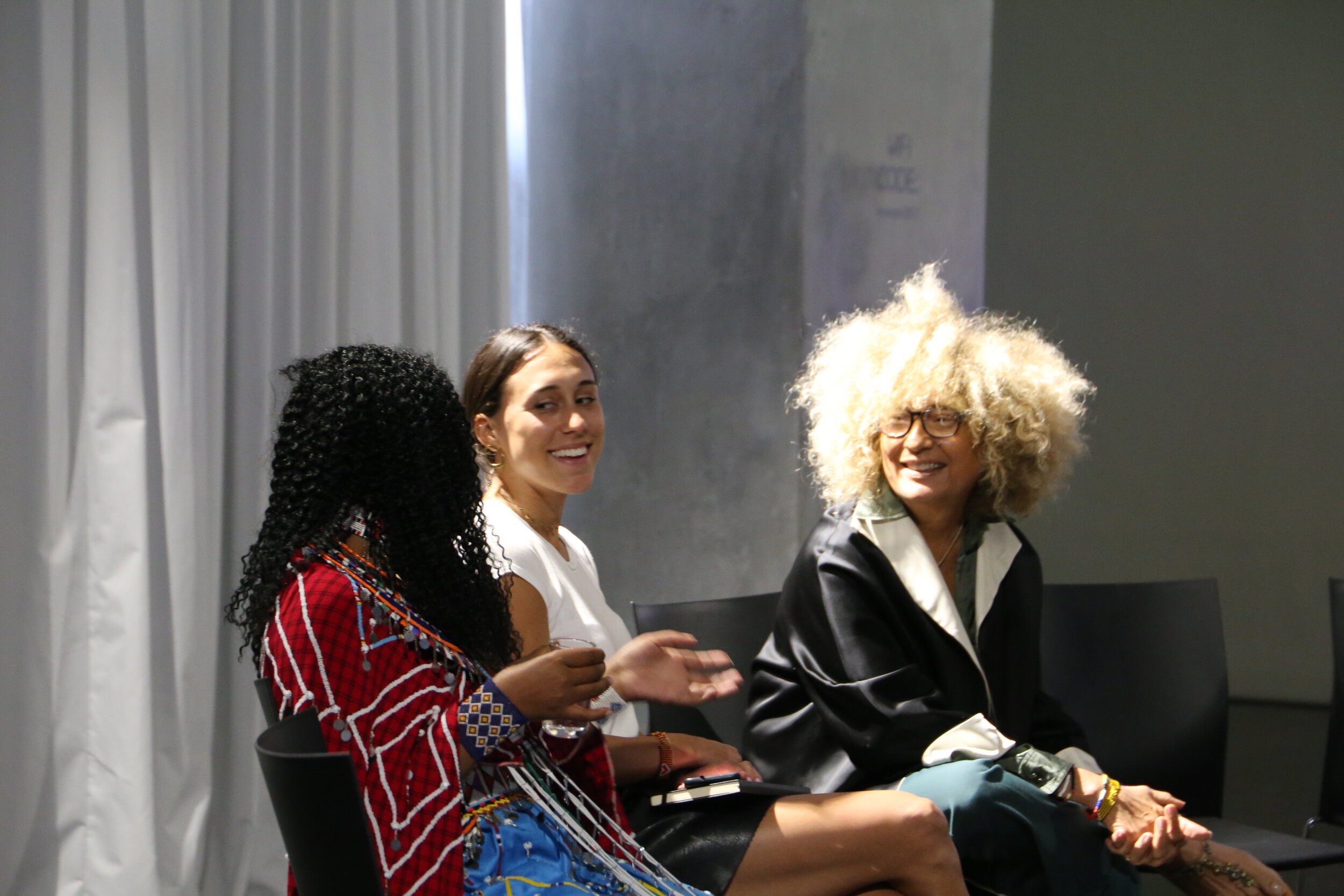NBCU Academy, in partnership with NBC News Studios, the NBC News documentary storytelling division, is collaborating with IF/Then Shorts to launch the Original Voices Shorts Pitch - a national open call for archival and journalistically driven short documentaries highlighting social issues and identities.
The purpose of the Original Voices Shorts Pitch is to open doors to the NBCU newsroom and archive to diverse documentary filmmakers eager to present a more vibrant, equitable, and accurate take on American history and society today. Reaffirming the values of integrity and inclusion in order to spur innovation, the Original Voices Shorts Pitch aims to break down barriers of authorship and authority between news media networks and consumers, support diverse documentary filmmakers with the resources of a legacy news organization, and strengthen public trust in fact-based reporting and film.
The pitch will take place in person in November 2023 at DOC NYC.
Program Details:
This call is open to US-based documentarians who identify as – or showcase stories highlighting social issues affecting – women, LGBTQ+ folx, communities of color, and people with disabilities. Projects should aim to include archival material (in particular, creatively utilizing the NBCU Archive) follow news standards, and be completing work with journalistic rigor at a level suitable for broadcast on an NBC affiliate platform.
Six teams will be invited to pitch their short documentary works-in-progress to a panel of journalists and executives from a host of legacy news organizations. Each pitch will last 7 minutes, followed by 10 minutes of constructive feedback, questions, and dialogue from a jury panel comprised of journalists, funders, news executives, and distributors.
Each selected team will receive a non-recoupable grant of $6,000 to support the development and production of their project as well as their travel to New York for participation. In advance of the pitch, each team will receive extensive pitch training and review of their proposed work sample from NBC News Studios and IF/Then Staff. Each of the finalists will also have an opportunity to meet 1:1 with NBC News Studios executives to get direct creative feedback and advice on how to advance their film.
The winning team will receive $100,000 in financing and a commission deal which includes access to the NBCU archive, executives, journalists, festival and distribution strategy, as well as an opportunity to screen the finished film at Comcast and NBCU broadcasters, streamers, events, and festivals. NBC News Studios will also have first right of refusal to develop the short into a feature film in-house with the director and producer attached.
SELECTED PROJECTS:
Director: Matt Nadel
Producer: Luke Hodges
Executive Producer: Julie Cohen
At the height of the AIDS crisis, many gay men—unable to work and with few months to live—sold their life insurance policies to investors for quick cash. CASHING OUT charts the rise and fall of the hundred-million-dollar industry that grew from their desperation, and spotlights one of its earliest investors: the filmmaker’s father. A gay man, director Matt Nadel connects with survivors who help him understand the “AIDS profiteering” that is his inheritance.
Director: Yoruba Richen
Producer: Christalyn Hampton
Free Joan Little examines the 1975 groundbreaking case of Joan Little who was the first woman in U.S. history to be acquitted for using deadly force to resist sexual assault. Joan was a Black incarcerated woman in North Carolina who killed a white guard who was trying to rape her. Little’s murder trial became a cause célèbre bringing together feminists, black power and anti-death penalty activists while catalyzing a nationwide discussion on sexual assault.
Director / Producer: Katya Berger
Producer: Maria Chiu
Paula Sims gained notoriety as a cold-blooded murderer after killing her two baby daughters. Her crimes left us grappling with the question—how could a mother do such a thing? After 30 years in prison, Paula finally shares her story. Was she a “liar” and “monster” or the victim of an illness that drove her to madness?
Co-Directors / Co-Producers: Angel Morris, Elliott Kennerson
The story of how a breakthrough discovery of “lesbian seagulls" in the 1970s altered the course of American science, politics, and the LGBTQ+ movement.
Director: LeRon Lee
Producer: Yvonne Michelle Shirley
With the mayor’s refusal to prioritize recreation, John L. Smith pulled the community together to revive the city’s dilapidated pool in an effort to create inclusion with a swim program that eventually became the first team of color to win a state championship in the US.
Director: Stephanie Andreou
PRoducer: Adrián Gutiérrez
In the 1970s & 80s women from all over the world marched alongside Cypriot women displaced by war to the Green Line dividing the island in an attempt to ‘walk home’. Women Walk Home unearths a 50-year old, intentionally hidden, women-led movement in Cyprus as women’s movements are reigniting around the world.








